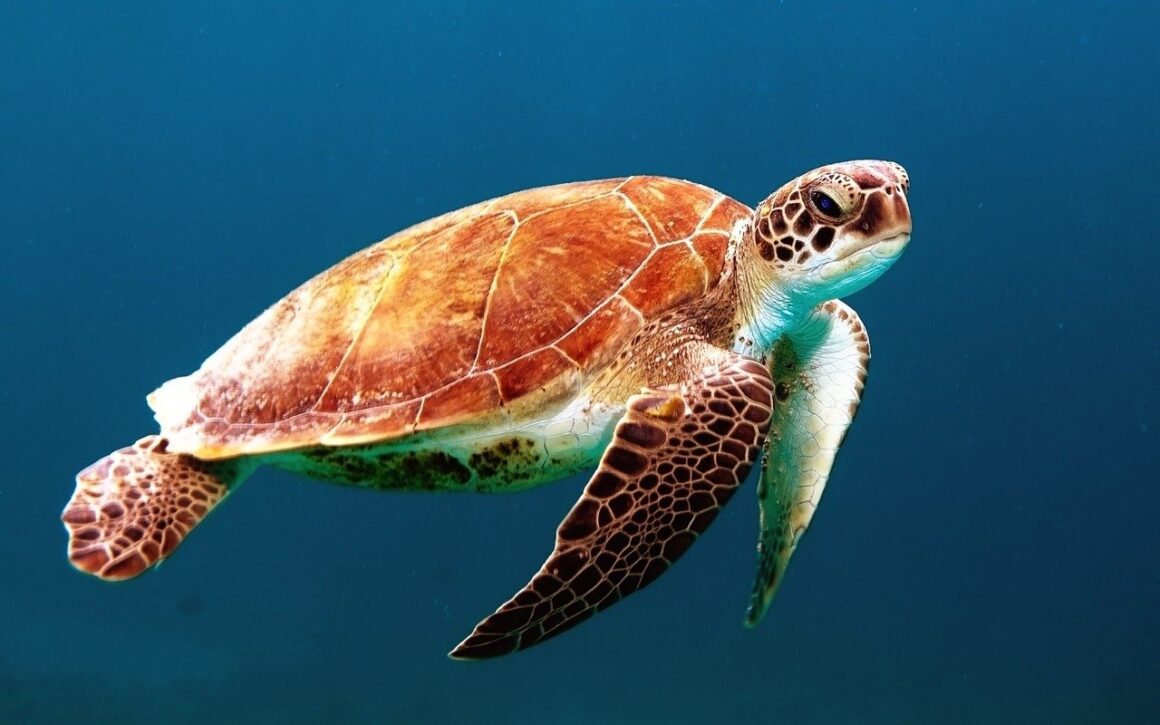Caro socio/a o aspirante socio/a,
ai sensi degli art. 13 e 14 del Regolamento UE 2016/679 in materia di protezione dei dati personali (“GDPR”) ti informiamo di quanto segue.
Finalità del trattamento e base giuridica. L’Associazione tratta i tuoi dati personali esclusivamente per lo svolgimento dell’attività istituzionale ed in particolare:
- per la gestione del rapporto associativo (invio della corrispondenza, convocazione alle sedute degli organi, procedure amministrative interne) e per l’organizzazione ed esecuzione del servizio;
- per adempiere agli obblighi di legge (es. fiscali, assicurativi, ecc.) riferiti ai soci dell’Associazione;
- per l’invio (tramite posta, posta elettronica, newsletter o numero di cellulare o altri mezzi informatici) di comunicazioni legate all’attività e iniziative dell’Associazione;
- in relazione alle immagini/video, per la pubblicazione nel sito dell’Associazione, sui social network dell’Associazione o su newsletter o su materiale cartaceo di promozione delle attività istituzionali dell’Associazione previo Tuo esplicito consenso;
- per la partecipazione dei soci a corsi, incontri e iniziative e per l’organizzazione e gestione dei corsi;
- per analisi statistiche, anche in forma aggregata.
La base giuridica del trattamento è rappresentata dalla richiesta di adesione e dal contratto associativo (art. 6 comma 1 lett. b GDPR), dal consenso al trattamento (art. 6 comma 1 lett. a – art. 9 comma 2 lett. a GDPR), dai contatti regolari con l’Associazione (art. 9 comma 2 lett. d GDPR), dagli obblighi legali a cui è tenuta l’Associazione (art. 6 comma 1 lett. c GDPR)
Modalità e principi del trattamento. Il trattamento avverrà nel rispetto del GDPR e del D.Lgs. n. 196/03 (“Codice in materia di protezione dei dati personali”), nonché dei principi di liceità, correttezza e trasparenza, adeguatezza e pertinenza, con modalità cartacee ed informatiche, ad opera di persone autorizzate dall’Associazione e con l’adozione di misure adeguate di protezione, in modo da garantire la sicurezza e la riservatezza dei dati.
Non verrà svolto alcun processo decisionale automatizzato. Necessità del conferimento. Il conferimento dei dati anagrafici e di contatto è necessario in quanto strettamente legato alla gestione del rapporto associativo. Il consenso all’utilizzo delle immagini/video e alla diffusione dei dati nel sito istituzionale e nelle altre modalità è facoltativo.
Comunicazione dei dati e trasferimento all’estero dei dati. I dati potranno essere comunicati agli altri soci ai fini ai fini dell’organizzazione ed esecuzione del servizio. I dati potranno essere comunicati ai soggetti deputati allo svolgimento di attività a cui l’Associazione è tenuta in base ad obbligo di legge (commercialista, assicuratore, sistemista, ecc.) e a tutte quelle persone fisiche e/o giuridiche, pubbliche e/o private quando la comunicazione risulti necessaria o funzionale allo svolgimento dell’attività istituzionale (formatori, Enti Locali, ditte che curano la manutenzione informatica, società organizzatrici dei corsi, ecc.). I dati potranno essere trasferiti a destinatari con sede extra UE che hanno sottoscritto accordi diretti ad assicurare un livello di protezione adeguato dei dati personali, o comunque previa verifica che il destinatario garantisca adeguate misure di protezione. Ove necessario o opportuno, i soggetti cui vengono trasmessi i dati per lo svolgimento di attività per conto dell’Associazione saranno
nominati Responsabili (esterni) del trattamento ai sensi dell’art. 28 GDPR.
Periodo di conservazione dei dati. I dati saranno utilizzati dall’Associazione fino alla cessazione del rapporto associativo. Dopo tale data, saranno conservati per finalità di archivio, obblighi legali o contabili o fiscali o per esigenze di tutela dell’Associazione, con esclusione di comunicazioni a terzi e diffusione in ogni caso applicando i principi di proporzionalità e minimizzazione.
Diritti dell’interessato. Nella qualità di interessato, Ti sono garantiti tutti i diritti specificati all’art. 15 – 20 GDPR, tra cui il diritto all’accesso, rettifica e cancellazione dei dati, il diritto di limitazione e opposizione al trattamento, il diritto di revocare il consenso al trattamento (senza pregiudizio per la liceità del trattamento basata sul consenso acquisito prima della revoca), nonché il di proporre reclamo al Garante per la Protezione dei dati personali qualora tu ritenga che il trattamento che ti riguarda violi il GDPR o la normativa italiana. I suddetti diritti possono essere esercitati mediante comunicazione scritta da inviare a mezzo posta elettronica, p.e.c., o a mezzo Raccomandata presso la sede dell’Associazione.
Titolare del trattamento. Il titolare del trattamento è l’Associazione GRUPPI RICERCA ECOLOGICA, con sede a Palermo in via Salvatore Bono, n°31 – mail info@gruppiricercaecologica.it – PEC gruppiricercaecologica@pec.it


Leave a Reply